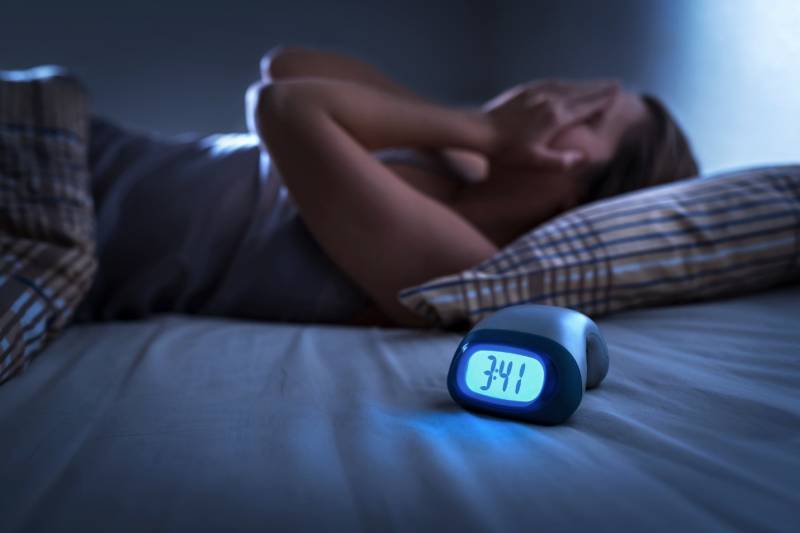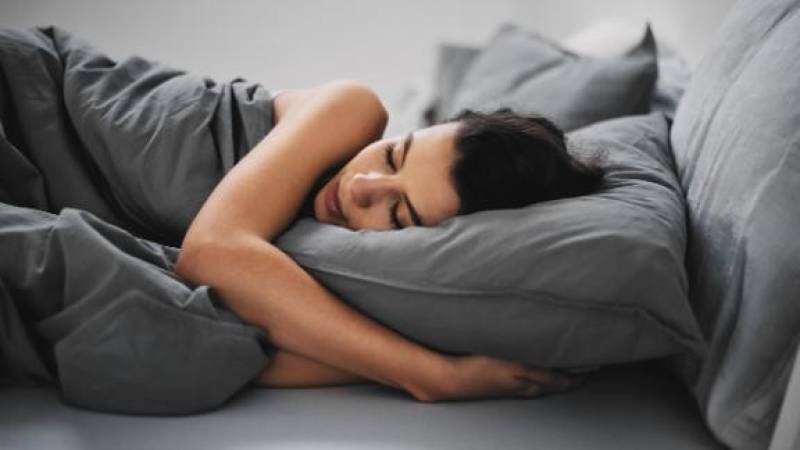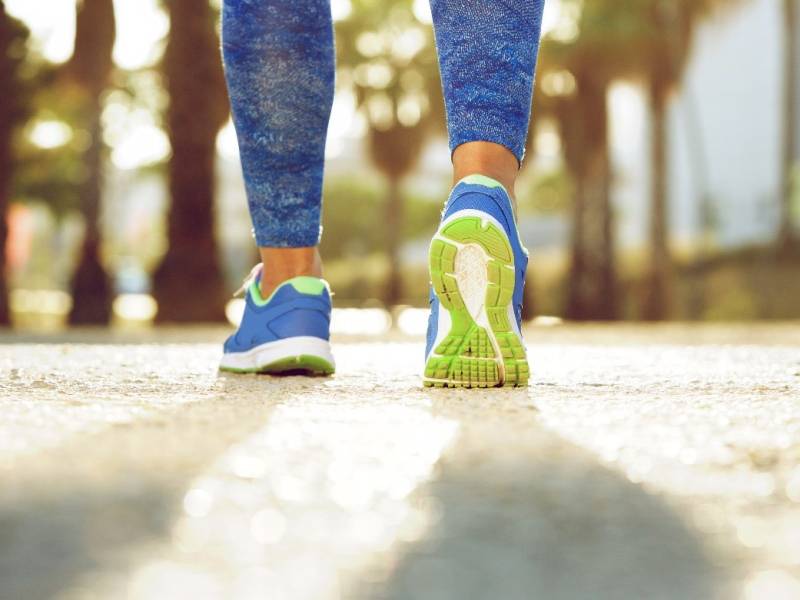6 HABITS THAT CAN HELP YOU FALL ASLEEP FASTER
Credits: Ghania Ali
Are you struggling with sleepless nights? We have got a healthy fix for you!
The solution to combatting the nights you spend tossing and turning is following a healthy routine. A healthier daily routine adds to a healthier physical and mental health resulting in adequate sleeping hours, so lets get to it!

Tip 1. Maintain a consistent sleeping schedule.
Studies have shown that having consistent sleeping and waking patterns aids in maintaining a long-lasting sleep cycle as opposed to having irregular hours which contribute to lack of sleep. Try setting alarms to wake up and sleep at the same time every day until you do not need alarms anymore. If this practice becomes a habit, your body will naturally adjust to your sleeping and waking hours.
Tip 2. No more late-night munching!
We have all been guilty of snacking late at night, but to gain our sleep back we must stop. Devouring large meals before sleep disrupts your hormones and results in poor sleep. Make sure you combat your hunger at dinner time so that you do not feel hungry late in the night. This takes us back to our first tip; going to bed on time may reduce your urge to munch at midnight.

Tip 3. Relaxation techniques before bed.
Do you often find yourself in the pits of overthinking when you hit the bed? If yes, then try these relaxation techniques before crawling into your bed. Take a hot bath. Try meditation to clear your mind of clusters of thoughts. Listen to relaxing music. Read a book. Try deep breathing exercises. See what works best for you and get on with it!

Tip 4. Avoid bright screens before bedtime.
Your smart devices emit a blue light which is known to suppress melatonin: a hormone that controls your sleep-wake cycle. It is best to avoid using your devices one to two hours before your bedtime so that it does not disrupt your sleep. Keeping your brightness low and using light-altering software may also work.

Tip 5. Workout during the day.
You do not require strenuous exercise to get your sleep back. A ten-minute brisk walk daily can benefit you as well. The key is to stay consistent and find a routine you enjoy. Exercising regularly has known to reduce symptoms of insomnia and sleep apnea.

Tip 6. Addressing sleep disorders.
If poor sleep is a consistent pattern in your life it is best to see a healthcare worker to rule out or address your sleep disorder.
